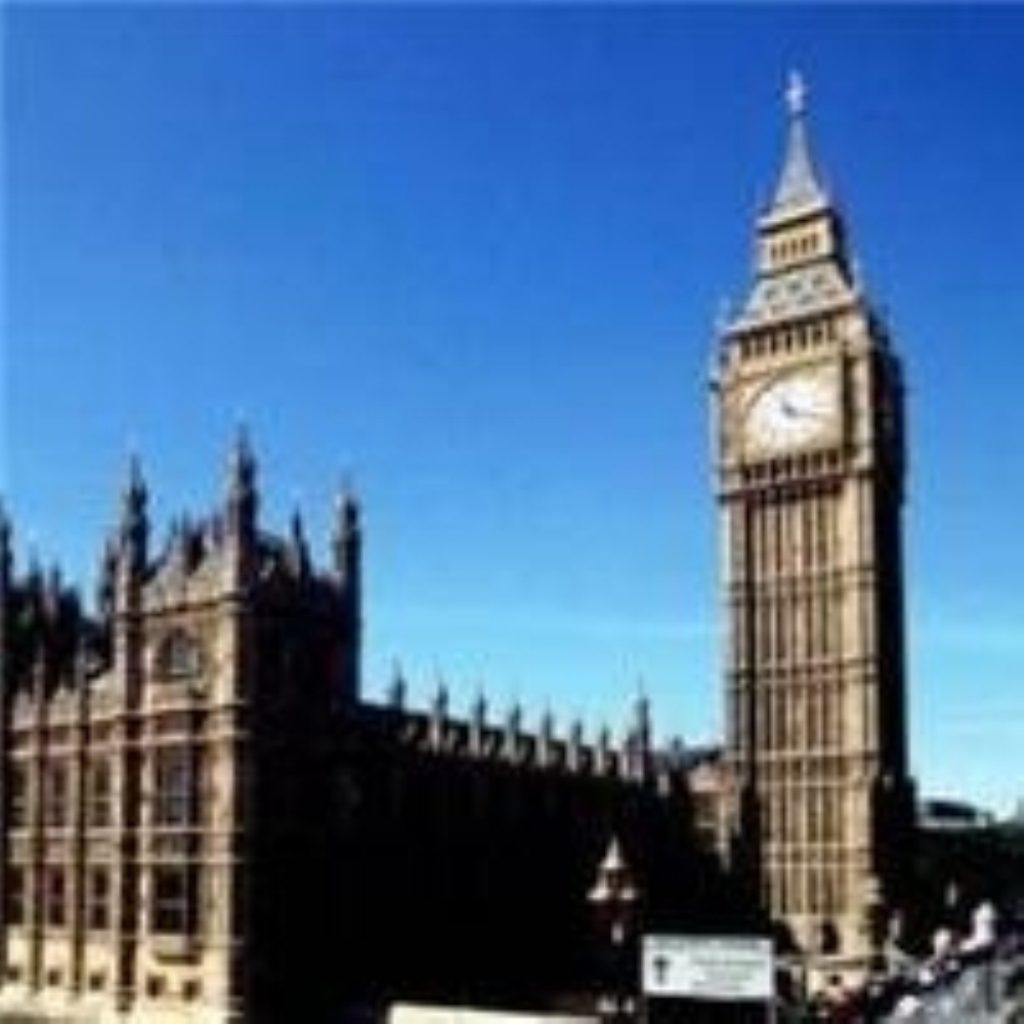Lobbyists facing tighter control laws
By Laura Miller
Major lobbying groups would be forced to disclose who they are working for and the MPs and Lords they meet under proposed new anti-sleaze laws.
Plans to clean up the Westminster lobbying industry are being discussed after the “cash for amendments” scandal earlier this year highlighted failings in the current system of self-regulation.
Next week senior Cabinet Office figures, who fear the public is losing faith in the political process, will meet for talks with representatives from the Organisation for Economic Co-operation and Development (OECD), to discuss ways to increase transparency through law.


In January a report by the Public Administration Committee (PAC), a group of prominent MPs, called for a complete and compulsory register of all lobbyists, their clients, and meetings between them and MPs and Lords.
But senior government figures prefer a watered down version, targeting only the biggest, commercial firms, while keeping ministers’ and peers’ meetings with smaller, independent lobby groups private.
A government source said: “There is no doubt that there will be reform in this area. We want to make sure we target the right companies, so have to be careful on the specifics of the legislation.
“The public have particular concerns over who these commercial firms are working for, and that is an area we are very concerned about.”
But Gordon Prentice, a member of the PAC, was critical of plans to limit lobby laws, warning it could lead to their abuse.
“Simply targeting big firms may not go far enough as in some cases, small but very targeted lobby firms have the potential to be far more effective than large firms,” he said.
Professor David Miller, from the Alliance for Lobbying Transparency (ALT) echoed similar concerns: “The lobbying industry will not get its house in order until it is forced to. The current system of self-regulation has been in place for well over a decade – in that time it has failed to make the activities of lobbyists transparent.”
“The public has a right to know which interests are trying to influence policy. If the government is to avoid cementing the view that it listens to favoured groups like big business more than the public, it must bring the influence industry into the open now.”
“A straightforward mandatory register of lobbyists, which is independently monitored, would achieve this.”
The new regulation is expected to form part of the constitutional renewal bill currently being drawn up by justice secretary, Jack Straw.












